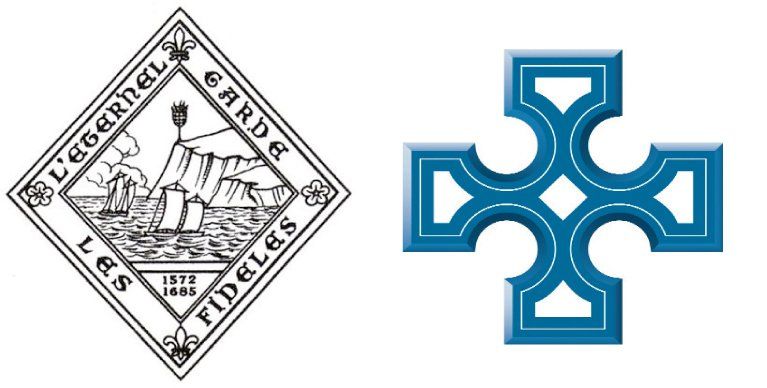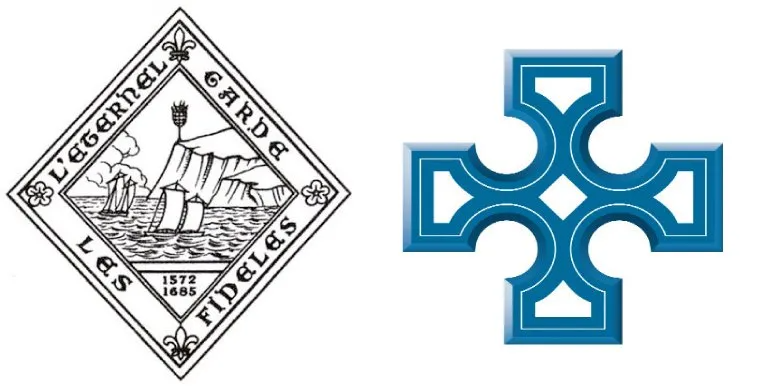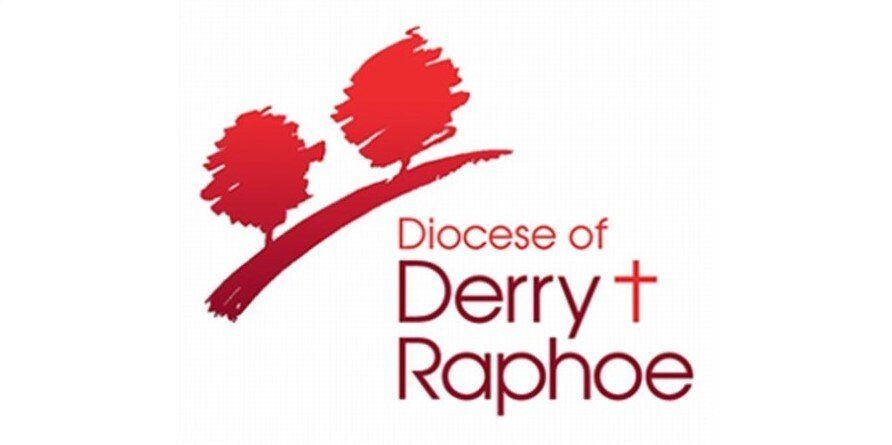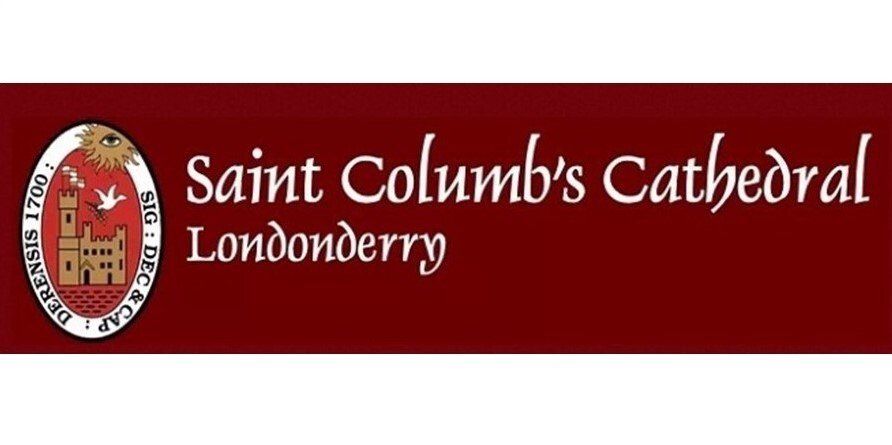What we believe
What we believe
We are Church of Ireland, a member of the Anglican Communion.
We are disciples of Jesus Christ, worshippers of God the Holy Trinity (Father, Son and Holy Spirit) and subscribers to the Creeds of the early Church.
In keeping with Anglican theology, our beliefs and practices derive from Scripture, reason and tradition. We are Catholic in holding all the Christian faith in its fullness and being part of the one worldwide Church of God. We are Reformed in believing that the Church’s life should be aligned with Scripture and that the Church should only require its members to believe those doctrines to which Scripture bears witness.
We are disciples of Jesus Christ, worshippers of God the Holy Trinity and subscribers to the Creeds of the early Church.
The Church of Ireland is a member Church of the Anglican Communion, a family of independent Churches in full communion with each other and with the See of Canterbury.
We rejoice in the progress on unity made by the ecumenical movement and we seek to remove obstacles to full communion between Christians and to gain from the insight and experience of others.We provide a context in which people of diverse views on theology and liturgy can live and worship together.
We regard worship as a priority for every Christian. In particular, we see the Holy Communion (the Eucharist) as the main way in which church members celebrate their love for God and for each other and become renewed as the Body of Christ for mission and service.
We regard worship as a priority for every Christian.
The Book of Common Prayer is a source of unity within the Church and an expression of a liturgical language, traditional and modern, which over the years has captivated people by its beauty and spiritual power. We see a direct relationship between the language of common prayer and the language of doctrine: the words that church members themselves pray and own become the expression of what the Church itself believes.
We affirm the ancient three–fold ministry of bishops, priests and deacons. The ordained ministry serves the whole people of God, to facilitate and encourage its members in their worship, and to enable each of them to identify their own particular ministry as baptised Christians.





